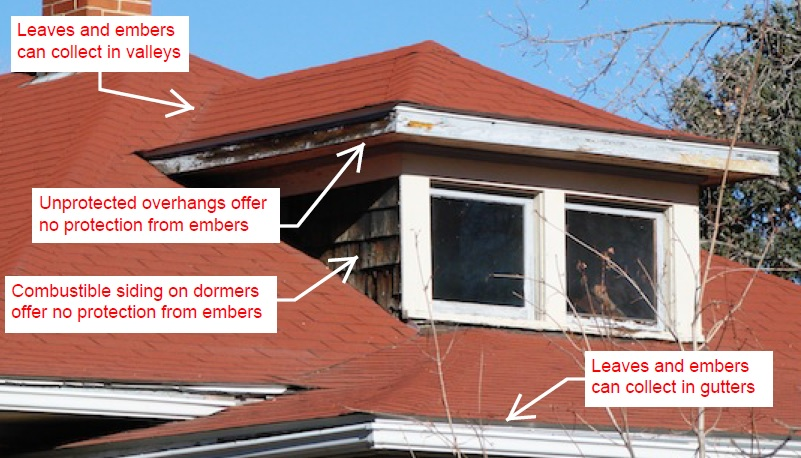In california combustible materials can be used in ignition resistant construction.
Ignition resistant siding.
Combustible the most common combustible siding products include solid wood and other composite wood products plywood oriented strand board and other compressed wood fiber products and siding made from vinyl or other plastics.
New construction in all california s high fire zones labeled as the wildland urban interface w u i requires all exterior wood be listed as ignition resistant class a after weathering.
Ignition resistant siding helps prevent house to house ignition thereby slowing the fire s progress and giving the fire department an opportunity to contain a fire to the original structure of origin.
However they are flammable and not good choices for fire prone areas.
A material labeled ignition resistant has passed this test.
Ignition resistant combustible and noncombustible refer to the performance of a material e g wood stucco steel.
Wood products such as boards panels or shingles are common siding materials.
In addition the flame front shall not progress more than 10 feet 3200 mm beyond the centerline of the burner at any time during the test.
Most metal siding is rated as noncombustible which means that in fire safety testing it was shown not to ignite and spread fires.
Build or remodel your walls with ignition resistant building materials such as stucco fiber cement wall siding fire retardant treated wood or other approved materials.
This ignition resistant definition is based on the international building code requirement for exterior fire retardant lumber and plywood.
Not only do these tough exteriors stand up well to wind rain hail and sleet they re also very fire resistant.
Aluminum and steel siding are virtually peerless when environmental hazards strike.
Many homeowners looking for a fire resistant house siding may consider products such as vinyl which are technically non flammable as well.
Attaching a metal flashing strip approximately 18 inches tall between the top of the deck patio or porch and the exterior combustible siding can create a barrier between exposure to burning debris ignited by embers and flames near the point where the house intersects with the deck patio or porch.
An example of a roof assembly is given in figure 1.
The difference though is how the product holds up to heat.
Ignition resistant material is any product which when tested in accordance with astm e84 for a period of 30 minutes shall have a flame spread of not over 25 and show no evidence of progressive combustion.
Fiber cement siding won t ignite burn or melt when exposed to either heat or flames.
Timbersil wood is one of a small group of real wood siding products approved by the state to be used in these high fire areas.

